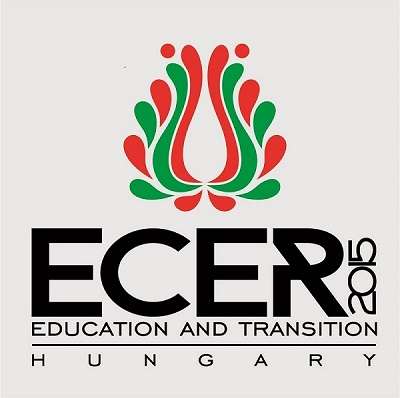Thursday, 10 September, 15:30 - 17:00
Location: 238. [Main]
Speakers: Michele Garfunkel; Olivier Bouin; Lejf Moos
Discussants: Lucian Ion Ciolan; Peter Gray
Chair: Theo Wubbels
In a paper for the anniversary issue of the European Educational Research Journal, Moos and Wubbels (2014) identified EERA’s identity-history from the beginning in 1994 until today. EERA, for the past decade, has been working on influencing the research politics internationally, in Europe, in the European Union and at the national levels. In the last few years relations to the European commission changed as the Executive Board and the EERA Council found that the general research policies and funding programmes of the EC left less and less space open for social sciences and humanities (SSH), and educational research, in the struggle to deliver solutions to economical and societal challenges. Therefore EERA became increasingly active in raising its voice in the European research policy arena that is centred at present around the Horizon 2020 strategy, the European Research Council and for example Juncker’s investment plan for Europe. One way to let the educational research voice be heard is by EERA’s active membership of two European associations of learned societies: Initiative for Science in Europe (ISE; www.initiative-science-europe.org) and the European Alliance for Social Sciences and Humanities (EASSH; www.eassh.eu). Through these associations EERA not only can feed in ideas for statements of these associations to be presented to European stakeholders, but also gets information about the European policy plans and drafts for calls that can be distributed to EERA’s member associations.
A symposium last ECER (Moos, Wubbels, Holm & Zgaga, 2015) concluded that EERA needs to accept to be, and work even harder on being, a European and international agent in relation to policy makers, agencies like the European Commission and Parliament, the OECD and UNESCO, and researcher communities and individuals from educational research and from other fields of research. A major challenge identified is to find legitimate balances between shared, international perspectives and national, local, interests and perspectives.
In this Round Table we will discuss, in what ways EERA can better play a role in influencing alone and with others the international educational research agenda and financing, how we can reach out to European and national policy makers and what central messages should be.
Future ECERs
26.08.2024 | ECER'24, Nicosia |
08.09.2025 | ECER'25, Belgrade |
17.08.2026 | ECER'26, Tampere |
ECER 2015

